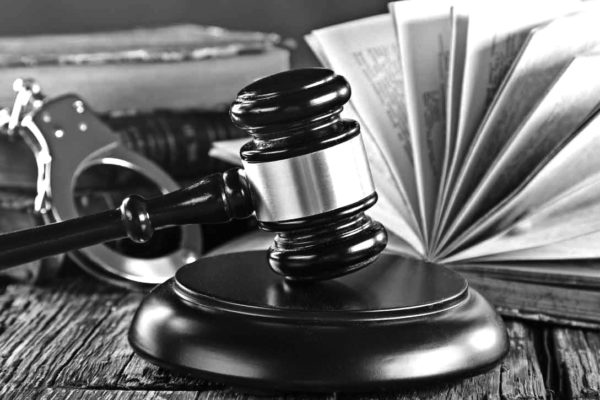The current Criminal Procedure Code of Macau (CPC), approved by the Law-Decree no. 48/96/M, came into effect on 1st April 1997, being in force now for 14 years. However, some alterations have been made in accordance with several diplomas, successively published, but bearing always in mind the development of the society as part of the code rules ceased to answer efficiently to the demands of the community hence there was a need to revise the CPC.
The alterations to the Criminal Procedure Code were approved by the Law no.9/2013 on 9th August 2013 and came into effect on 1st January 2014. This revision is essentially based on:
- Guarantee of the judicial interveners rights.
- Reformulation of the special proceedings.
- Simplification of the trial regime.
- Improvement of the appeals regime.
Relatively to the guarantee of the judicial interveners’ rights, the main alterations made were:
- Extension of the defense attorney compulsory assistance to the blind and minors;
- The classification of the proceedings that involve non-resident defendants as urgent proceedings;
- The domiciliary searches are now forbidden between 9:00 p.m. and 6:00 a.m.;
- The change of address shall have to be communicated to the competent entities by means of a petition or by mail;
- There was also alteration of the judicial deadlines from 10 to 20 days relatively to the deadline of the victim, in a criminal proceeding, to file for civil indemnification.;
- In the counting of the appeal deadlines, it will now be counted from the date when a copy of the minutes of the final decision and the compulsory recording of the trial are made available because in the Code now in force this had to be requested;
- The provision of the records that the proceeding subjects want to consult.
- Now, by request of the interested parties copies can be supplied by the secretariat, and as well the grounds of the matter of fact on which the judge must fundament his decisions, in regard of the matter of fact and the law. In the reformulation of the special proceedings there was also:
Alteration of the summary proceeding where will be eliminated the restriction, according to which cannot exist a summary proceeding when the detention in flagrant delicto had been made by somebody that isn’t a judiciary authority or police entity;
- The alterations to the summary and urgent proceeding apply to the crimes punishable with imprisonment up to the limit of 3 years, added of a fine penalty, or only with a fine penalty or when the Public Prosecutor decides that can only be applied a penalty or a not depriving of freedom measure and in the crimes depending of a particular indictment;
- The emergence of a new special proceeding designated simplified proceeding allows the special proceeding trial of the cases that can not be tried in a summary manner, applying to crimes punishable with imprisonment up to the limit of 3 years, where there are simple and evident proofs resulting in sufficient clues of the crime and who was the perpetrator.
There were also alterations in the simplification of the trial regime:
- Regime of trial in the absence of the defendant and restriction of the situations of the trial postponement;
- In the alteration of the plaintiff, the civil party, witnesses or experts absence regime, in articulation with the alterations introduced to the trial regime, there is no postponement of the trial in the absence of the defendant;
- In relation to the absences at the trial, the court differentiates the predictable absences from the unpredictable absences, say, in the cases of predictable absences the impossibility to attend must be informed with an antecedence of 5 days before the trial.
And lastly in the improvement of the appeals regime will be allowed the following changes:
- Improvement of the grounds for appeal, in case of insufficiency, in the name of the processual economy, to avoid the immediate rejection of the appeal;
- Extension of the relater decisory competences allowing him to proffer a summary decision after the preliminary examination in relation to certain matters hindering the appeal continuation, replacing the judgment of these matters by the verification;
- Were also reduced the matters to be pondered by the verification, as parts of the matter that was perused will now be decided by the relater by summary decision;
- In order to allow the reduction of the cases under trial from appeal, it will now only take place in the situations when the defendant hasn’t been tried in absentia and the relater considers indispensable for the good of the justice the appeal to transit in court, and when the defendant was tried in absentia and has expressly dispensed in the petition to file the appeal, that the appeal be tried in court.


